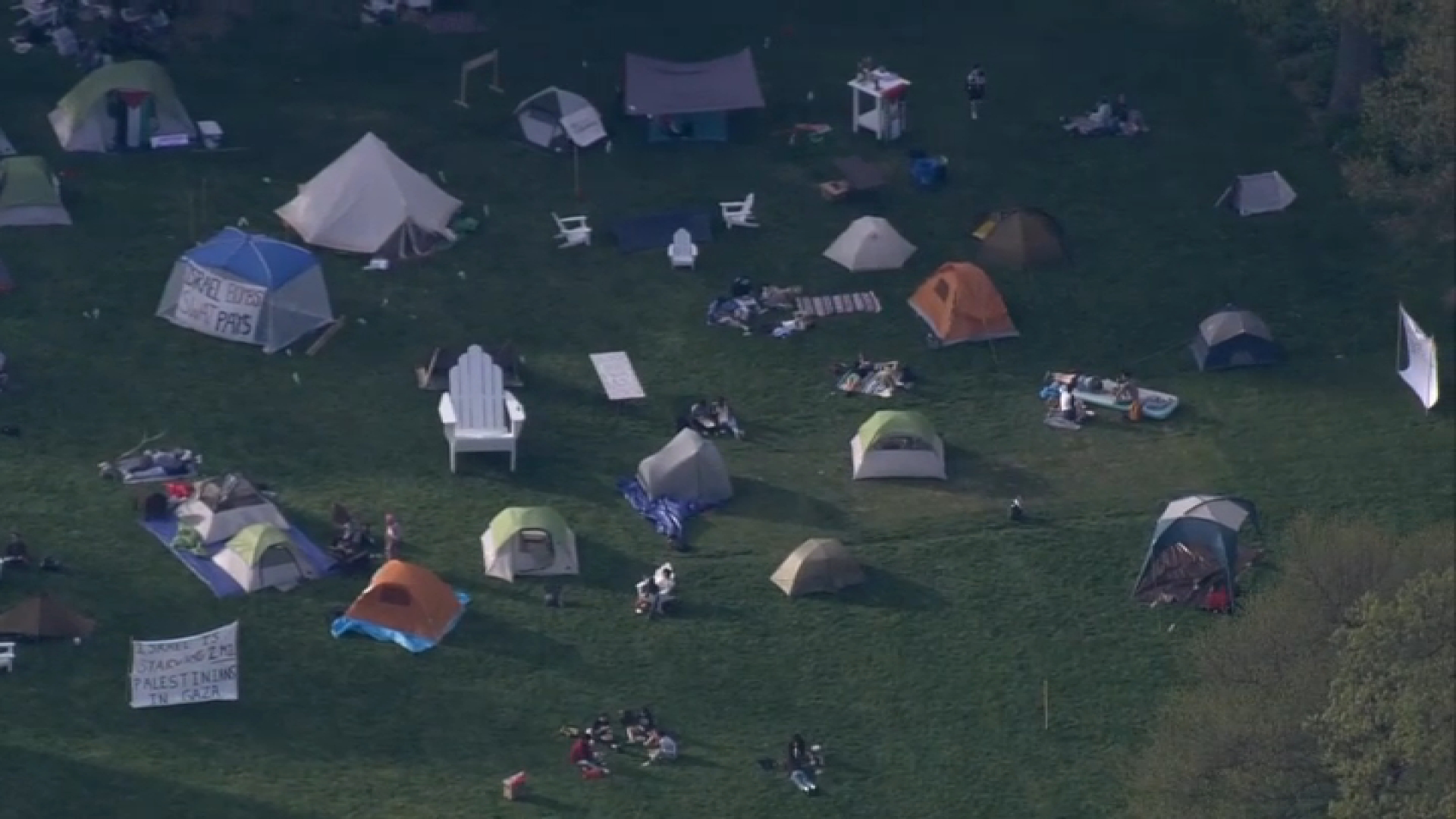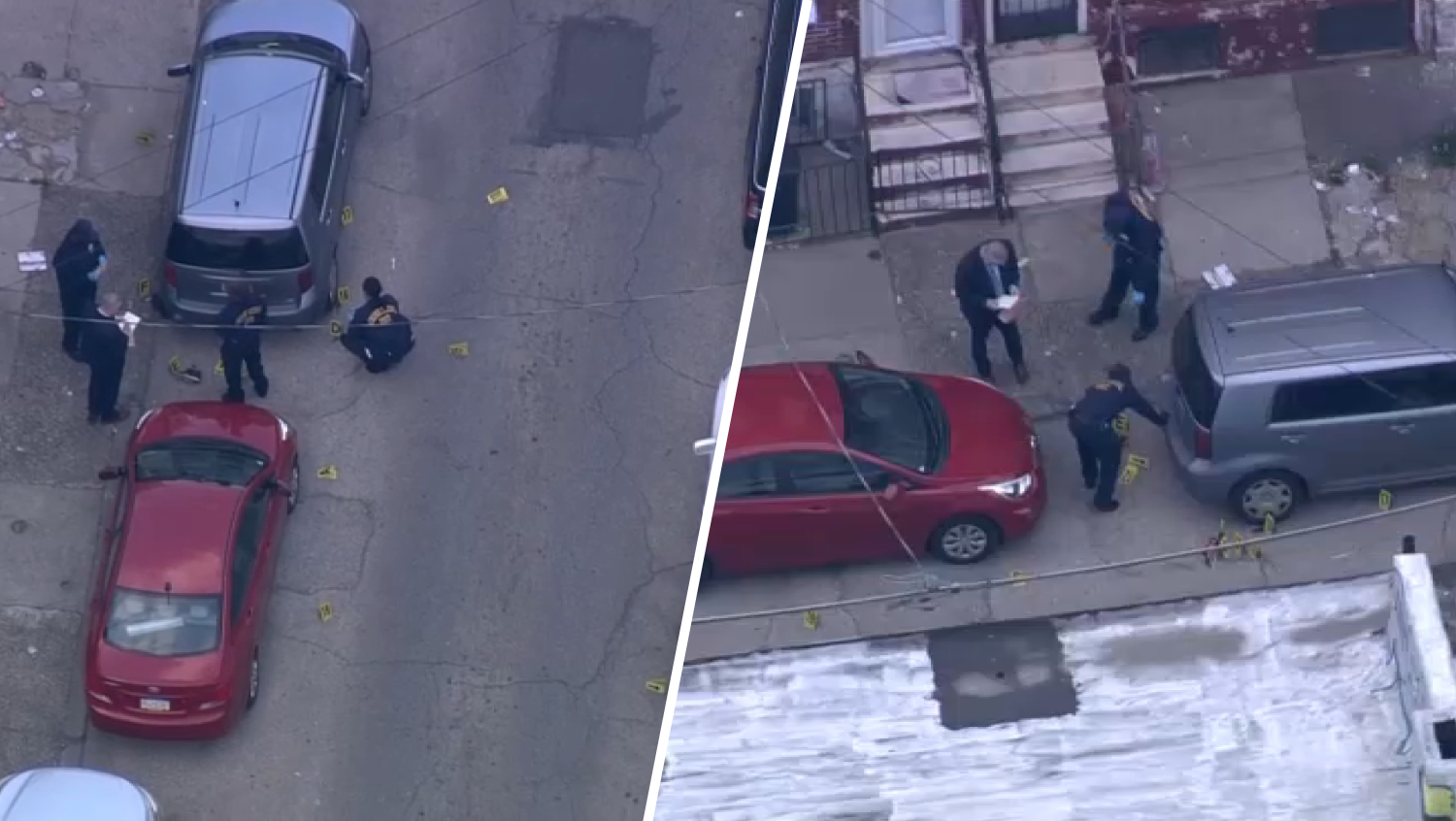Attorney Marissa Bluestine has worked on many appeals of old homicide convictions across Pennsylvania.
It’s her job, after all, as a lawyer with the Pennsylvania Innocence Project.
Then she started digging into several cases of convicted murderers who are all connected through arrests by a group of homicide detectives in the late 1980s and early 1990s. In each of the cases, some serious issues arose about their arrests, confessions and eventual convictions, Bluestine told NBC10 Investigators.
"The first one or two, you say — that’s not possible, that didn't happen. But when you start to hear it from three, four, five, six," she said, "then you start to have some questions."
She started putting the pieces together while working on Shaurn Thomas’s case. His murder conviction was eventually vacated when a witness admitted he lied when interviewed by the Philadelphia District Attorney’s Conviction Review Unit.
A year before Thomas’ conviction was overturned, another Philadelphia man who served decades in state prison, Anthony Wright, was freed after getting a re-trial. In Wright’s case, DNA testing "conclusively excluded" him from the murder he’d been charged with committing.
Then a judge threw out a murder conviction against another man, Jimmie Dennis.
Local
Breaking news and the stories that matter to your neighborhood.
Now, another man, Willie Veasy, who remains in jail 26 years after his 1992 murder conviction, is asking the DA’s office to re-examine his case. The chief of the conviction review unit confirmed her office is looking into Veasy’s case and his claims of a forced confession, a blind eyewitness and a rock-solid alibi.
Learn more about Willie Veasy's story here >>
A common thread that emerged is the Philadelphia homicide detectives who handled Veasy’s case and the others that have since been overturned. Wright and Dennis are suing the City of Philadelphia and a group of detectives, claiming they obtained confessions after violence, planted evidence and coerced witnesses.
A former homicide detective, Jim Trainum, who now lectures detectives on how to avoid obtaining false confessions, reviewed the cluster of cases handled by the detectives named in the Wright civil lawsuit. He said there appears to be enough evidence to warrant reviews of "every single one of the cases" the detectives ever worked.
Bluestine agreed, calling an examination of forced confessions from murder suspects in the late 1980s and early 1990s "as big as any investigation has been. Potentially the biggest in Philadelphia."
Willie Veasy hopes Bluestein and Trainum are right.
"I can't believe I'm actually incarcerated for something I didn't do," Veasy told NBC10 in a phone conversation from Graterford Prison in Montgomery County.
Veasy's interrogation was cited in the 2016 lawsuit that led to the exoneration of Wright. The suit claims a now-retired detective who interrogated Veasy may have forced him into signing a confession by using physical violence including kicking him in the crotch.
Bluestein also uncovered a new admission by a key witness in Veasy's trial. That witness admitted in a sworn statement to a University of Pennsylvania professor that she is legally blind and was at the time she testified to seeing Veasy commit the crime.
The witness, whom NBC10 is not identifying, had agreed to speak about the case, but later changed her mind and declined comment.
An alibi provided by Veasy's former boss potentially punches another hole in the prosecution's case.
Seth Schram was Veasy's manager when they both worked at a Houlihan's restaurant in Jenkintown. Schram said Veasy's timecard from the night of the murder indicated he was at the restaurant when the crime occurred.
The restaurant, now a Chili's, is seven miles from the crime scene at Seventh and Russell streets. It's a drive that takes 30 minutes.
He said there is "zero" possibility Veasy could have clocked in and then went to Seventh and Russell streets that night without anyone noticing.
"That did not happen. Not in Houlihan's restaurant on a Friday night," Schram said.
Veasy said he has renewed hope that he'll get another day in court.
"A lot of times it still seems like it’s a dream," Veasy said. "The justice system has definitely failed me, and for some reason it’s been like that for years.



